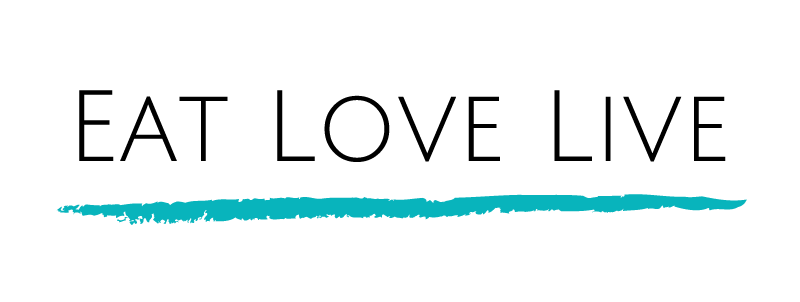Compassionate Care for Families Navigating Mealtime Challenges
At Eat Love Live, we know that feeding isn’t always simple. Mealtimes can feel overwhelming, especially when your child is refusing food, eating a very limited range, or experiencing distress around eating.
Feeding support at Eat Love Live is about so much more than nutrition. It’s about helping children, young people, and their families feel safe, supported, and connected — with food and with each other.
What Is Feeding Support?
Feeding support (sometimes called feeding therapy) helps children and young people who experience challenges with eating — whether those are sensory, medical, developmental, or emotional.
We take a holistic, neuro-affirming, gender-affirming and weight-inclusive approach. That means we:
-
Honour each child’s body and brain
-
Respect autonomy and lived experience
-
Never use pressure, shame, or force
-
Work with families — not on them
-
Focus on safety, trust, and relationship as the foundation for food progress
Who We Work With
We support a wide range of feeding experiences and differences, including:
-
Fussy or selective eating
-
Food refusal or fear-based eating
-
ARFID (Avoidant/Restrictive Food Intake Disorder)
-
Sensory sensitivities (texture, smell, appearance, etc.)
-
Difficulty transitioning to new food stages (e.g. solids)
-
Mealtime overwhelm, anxiety or distress
-
Feeding challenges related to autism, ADHD, or developmental differences
-
Intellectual disabilities
-
Eating disorders and disordered eating
-
Chronic health conditions or medical feeding needs
-
Gender-diverse children navigating eating changes in the context of identity
Whether your child eats just a handful of foods or struggles with the whole idea of eating — we’re here to help.
How We Support Families
Feeding difficulties are never “just a phase” or something that parents need to fix on their own. We offer gentle, personalised support that meets your family where you’re at.
What working with us might look like:
-
Feeding assessments that explore your child’s history, sensory profile, nutrition needs, and mealtime experiences
-
Personalised feeding support plans focused on what feels safe and achievable for your child
-
Parent and caregiver coaching so you feel supported, resourced, and connected through the process
-
Ongoing check-ins to adapt the plan as your child grows, learns, and explores
We move at your child’s pace, always centring emotional safety and respecting boundaries. Progress might be slow — but it’s real, meaningful, and rooted in trust.
Our Tools and Frameworks
Our team is trained in a variety of feeding therapy approaches, which we tailor to your child’s unique needs:
-
Responsive Feeding – Supporting autonomy and connection through trust-led mealtimes
-
Food Chaining – Building on safe foods to gently expand variety
-
SOS Approach to Feeding – A structured yet flexible model that considers sensory, oral motor, and emotional needs
-
DIR/Floortime – Using play and connection to support emotional readiness for eating
-
AEIOU Systematic Approach – A framework for addressing complex feeding needs with a holistic lens
We don’t follow a one-size-fits-all method — instead, we create an approach that honours your child’s cues, capacity, and comfort.
Our Commitment to Affirming Care
Everything we do at Eat Love Live is grounded in inclusive, affirming care. That means we:
-
Celebrate neurodivergence, not pathologise it
-
Affirm gender diversity and support identity-aligned nutrition
-
Provide care that is free from weight stigma and rooted in body respect
-
Acknowledge the emotional and relational aspects of feeding, not just the practical ones
You’re Not Alone
Feeding challenges can feel isolating — but there is support, and there is a way forward. At Eat Love Live, we walk alongside you and your child with warmth, patience, and deep respect.
Whether you’re just starting to feel concerned, or you’ve been navigating these challenges for a while, we’re here to help you take the next step — with compassion and care.
Want to chat about feeding support for your child? Get in touch — we’d love to hear your story.

